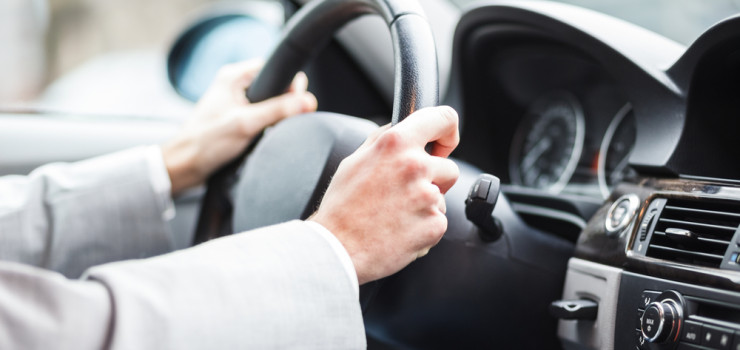Recently we’ve had some clients tell us that they’re a little unsure about what can and can’t be claimed as legitimate business travel expenses. This is an area that often causes confusion. So I thought it was a good time, especially at the start of the new financial year, to shed some light on the subject.
Generally, you can claim motor vehicle and other travel expenses, such as travelling overnight, that is directly connected with your work. You can claim deductions on expenses you incur on airfares, train, bus and taxi fares as well as accommodation and meals when travelling for business away from home nationally or internationally. But if your travel is for both business and private purposes, you must exclude the private expenses from your claim. You also can’t claim for normal trips between home and work as this is considered private travel.
Motor Vehicle Expenses
The deductions you can claim for the business use of a motor vehicle are not that straight forward. It depends on the business structure you operate under, the type of vehicle you use, whether you also use the vehicle for private purposes and whether your income includes personal services income. But basically, if you operate your business through a company or trust, the company or trust can claim a full deduction for the operating expenses of the vehicle. If the vehicle is also used for private purposes, the company or trust may have to pay fringe benefits tax, but the FBT cost is also tax deductible. If you operate your business as a sole trader or a partnership, your motor vehicle deductions are calculated on whether or not the vehicles you use are ‘business purpose’ vehicles, that is, a truck or van or a smaller vehicle (a ute, wagon or panel van) that has been modified for business use so long as private use is restricted to home-to-work travel and very minor other use. You can claim a full deduction for business purpose vehicles. You can also claim a deduction for the business use of a vehicle you own, lease or hire be it an ordinary car, station wagon or four-wheel drive, if it is designed to carry less than one tonne or fewer than nine passengers.
But before you can claim motor vehicle expenses, you need to select either the Cents per kilometre or keeping a logbook method to calculate your claim. When deciding on the method, you can choose the one that gives you the best result and you can use different methods for different vehicles and also change methods from year to year, but you must keep records.
Overnight business travel expenses
If you stay away from home for one or more nights on business travel, you generally need to keep written evidence of all expenses. If you stay away from home for six or more consecutive nights, you must use a diary to record the particulars of all of the business activity you were involved in. This should be done before your travel ends, or as soon as possible afterwards. You need to record the nature of the activity, the day and approximate time the business activity began, how long it lasted and the name of the place where it happened. You must also keep all receipts and boarding passes. If you operate your business as a company or trust, fringe benefits tax may apply if the travel includes private activities. Like with motor vehicle expense claims, if your travel is for both business and private purposes, you must exclude the private expenses from your claim.
There are separate rules that apply to travel allowances. A travel allowance is a payment made to an employee to cover expenses that are incurred when they travel away from home in the course of their duties. It covers accommodation, food, drink and incidental expenses related to the travel. When an employee is paid a travel allowance, there may be a requirement for the employer to withhold an amount from the payment. Each year the Australian Taxation Office publishes a determination setting out the amounts considered ‘reasonable’ for claims for domestic and overseas travel allowance expenses.
The ATO insist that all business owners keep accurate and complete records of all deductions, both motor vehicle and travel away from home, that they wish to claim. They also say that if you make false or misleading statements they might determine your income, based on industry benchmarks and other information, and issue an amended assessment, apply penalties and even commence prosecution.

